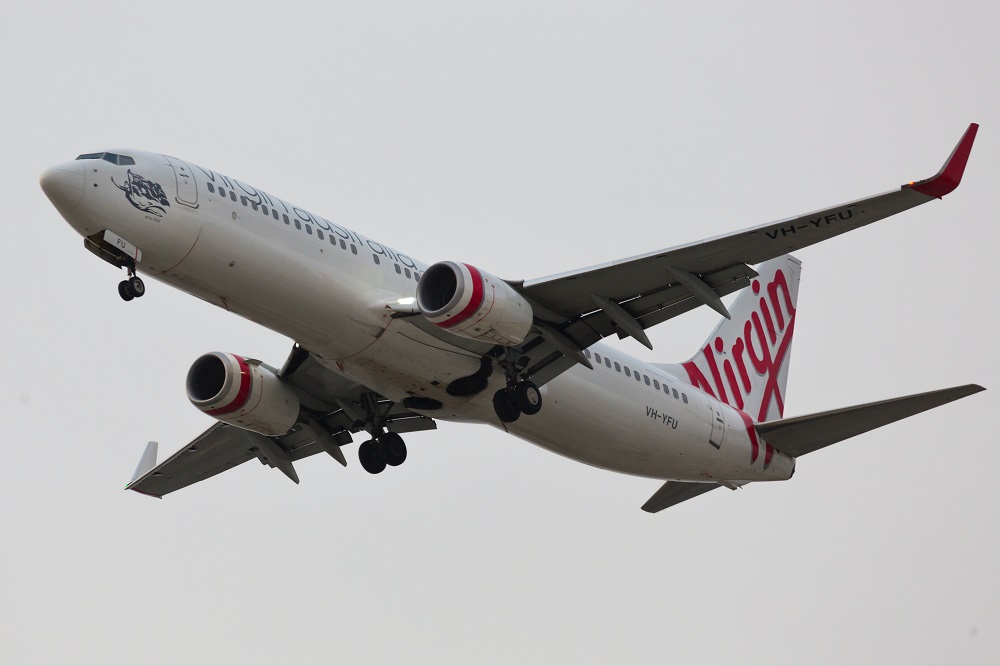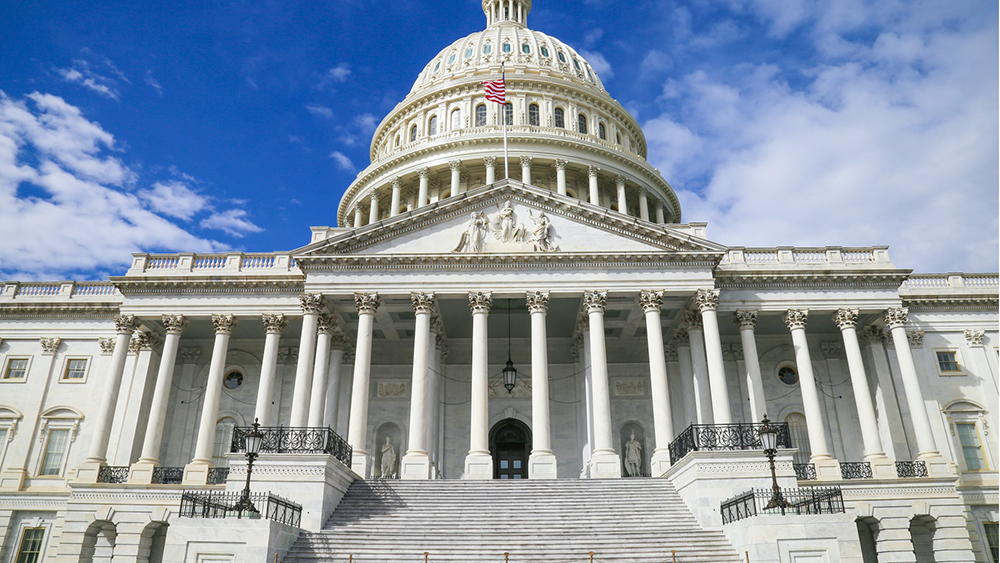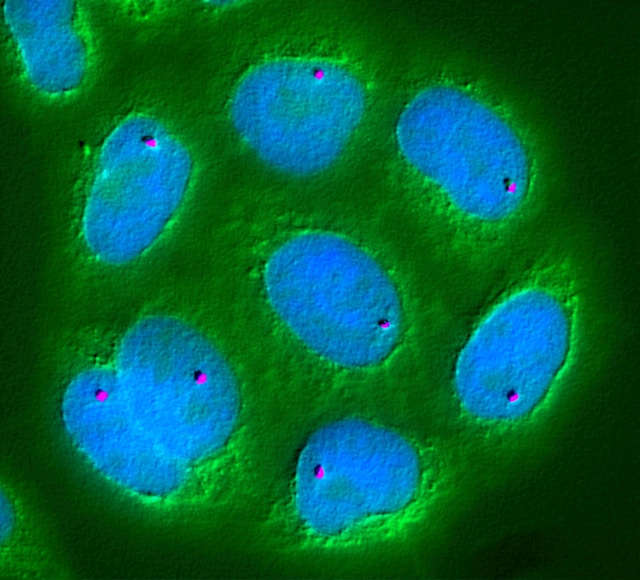Virgin Atlantic made history on November 28 as the first transatlantic flight with a commercial aircraft running on 100% Sustainable Aviation Fuel (SAF) took off from London Heathrow to New York JFK, Virgin announced.
“Flight100 proves that Sustainable Aviation Fuel can be used as a safe, drop-in replacement for fossil-derived jet fuel and it’s the only viable solution for decarbonizing long-haul aviation,” said Virgin Atlantic CEO Shai Weiss.
What is SAF?
Currently, SAF makes up less than 0.1% of the jet fuel used worldwide. However, by replacing traditional jet fuel with low-carbon alternatives like SAF, we can reduce CO2 emissions by 70%.
Under existing aviation regulations, airline companies are not allowed to use blends with more than 50% SAF for their commercial flights, as experts and manufacturers are working on ensuring higher concentrations of SAF are safe to use.
Earlier this month, the UK Civil Aviation Authority (CAA) issued a permit to Virgin for the world’s first transatlantic 100% SAF flight, after a series of technical reviews as well as ground tests. Flight100 did not carry commercial passengers.
The flight was expected to use about 70 tons of SAF, derived from “waste cooking oils and animal fat, plus a small portion coming from corn waste used to produce animal feed,” reported CNN.
According to the company’s press release, the fuel blend contains a unique mix of 88% Hydroprocessed Esters and Fatty Acids (HEFA) and 12% Synthetic Aromatic Kerosene (SAK), supplied by AirBP and Virent, respectively. Virent is a member of the Biotechnology Innovation Organization (BIO).
The outlook for SAF-powered flights
Virgin Atlantic’s goal with Flight100 is to prove SAF is safe and efficient to use, as well as determine its non-carbon emissions using the support of consortium partners ICF, Rocky Mountain Institute (RMI), Imperial College London, and the University of Sheffield.
“This will only happen when regulatory certainty and price support mechanisms, backed by the government, are in place. Flight100 proves that if you make it, we’ll fly it,” Weiss adds.
“The world will always assume something can’t be done until you do it. The spirit of innovation is getting out there and trying to prove that we can do things better for everyone’s benefit,” said Virgin founder Sir Richard Branson.
The SAF industry is relatively young and, according to the European Union Aviation Safety Agency (EASA), current capacity for SAF production stands at around 0.24 million tons. This is about 10% of the required mandate for 2030.
“The ReFuelEU Aviation study noted that 7 additional SAF production plants would be needed in the EU by 2030, and 104 additional plants by 2050,” EASA notes.
In addition, SAFs are currently more expensive than traditional fossil fuels.
How policy can help SAFs fly
This is why scaling up is required, says Cat Hewitt, policy director at the Aviation Environment Federation, a UK non-profit that monitors aviation’s environmental impact.
“One flight on 100% alternative fuel isn’t going to change the fact that 99.9% of aviation fuel is fossil fuel and there’s no great option for feedstock (raw materials) that can be scaled up sustainably,” she says, adding that the most sustainable option for the production of jet fuels would be using captured carbon combined with green hydrogen.
Change in policy is also necessary.
Last year, the U.S. Department of Energy (DOE) unveiled the SAF Grand Challenge, announced by numerous government organizations, which intends to make 3 billion gallons of SAF available annually by 2030.
Another promising initiative is the USDA’s $3 billion Partnership for Climate-Smart Commodities which supports 141 projects piloting ways to “de-risk our farmers from embracing climate-smart practices by turning those practices into profits,” according to Secretary Tom Vilsack.




